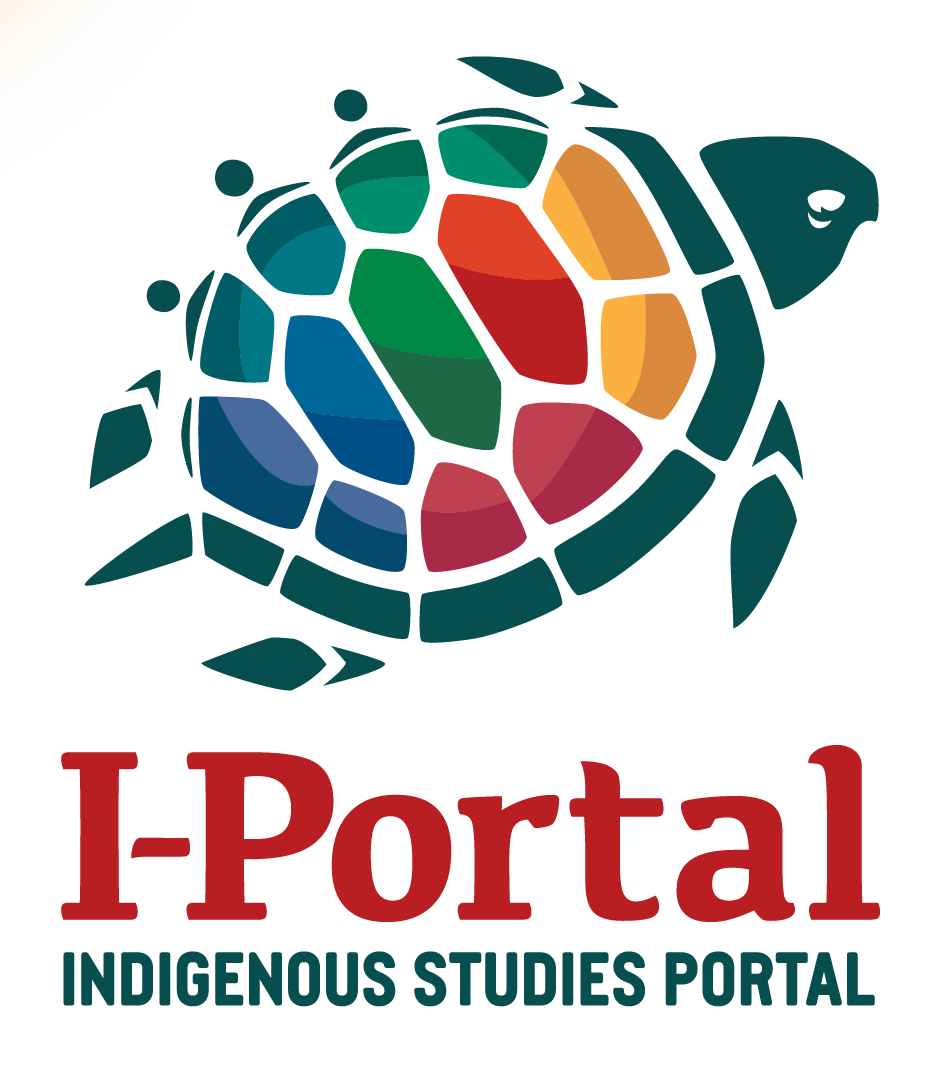Reclaiming Identity Toward Decolonisation: Pangasinan Studies in Theory and Praxis
Articles » Scholarly, peer reviewed
Author/Creator
Erwin S. Fernandez
AlterNative, vol. 4, no. 2, 2008, pp. 102-122
Description
Discussion on the epistemology of Pangasinan studies and the need for new ways of thinking and recognition to renew Indigenous culture and identity.
